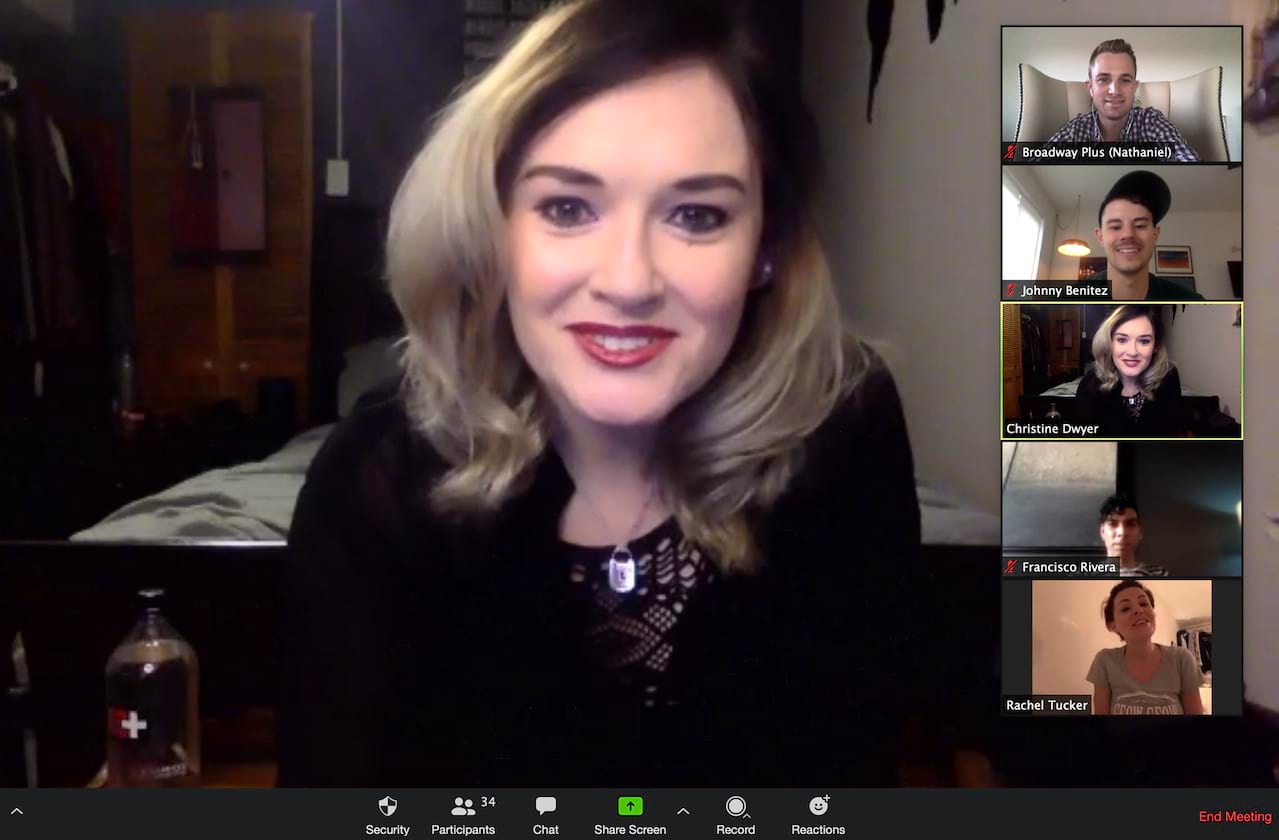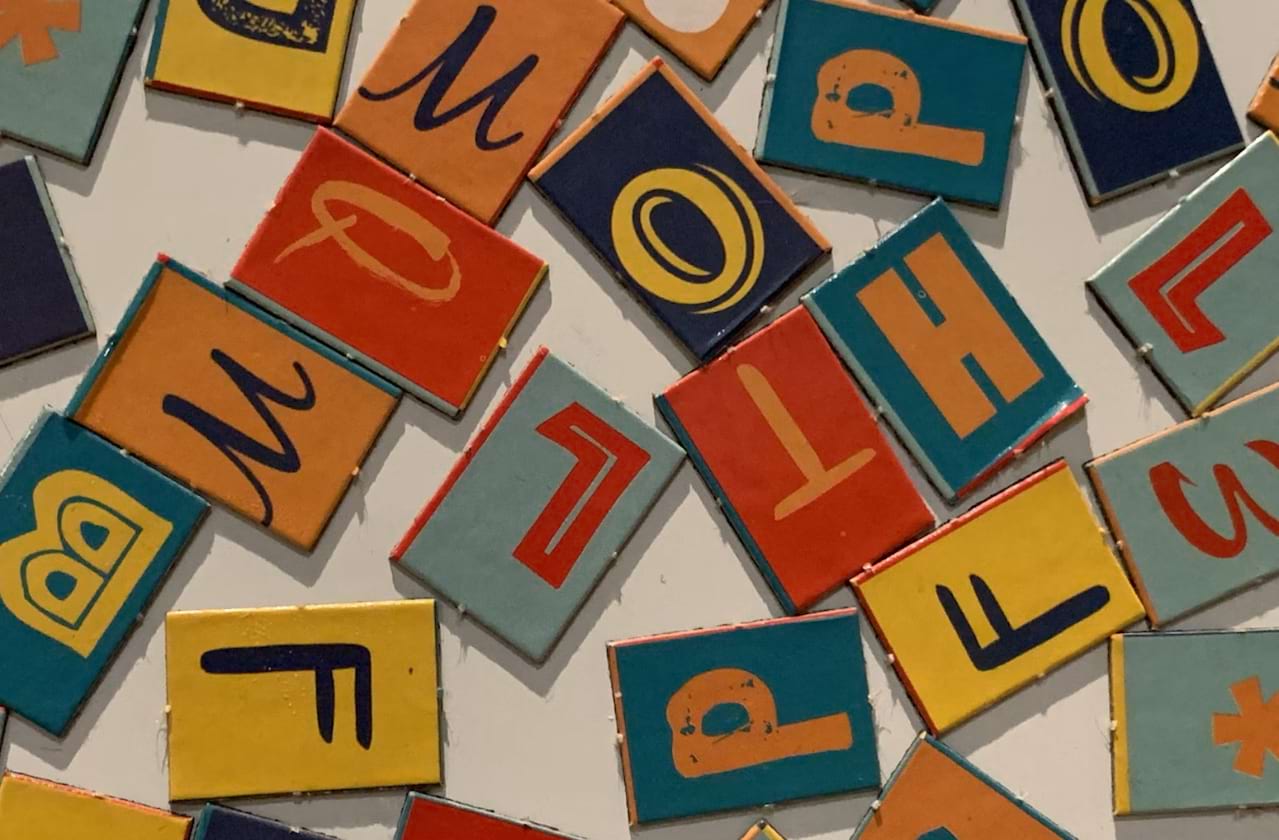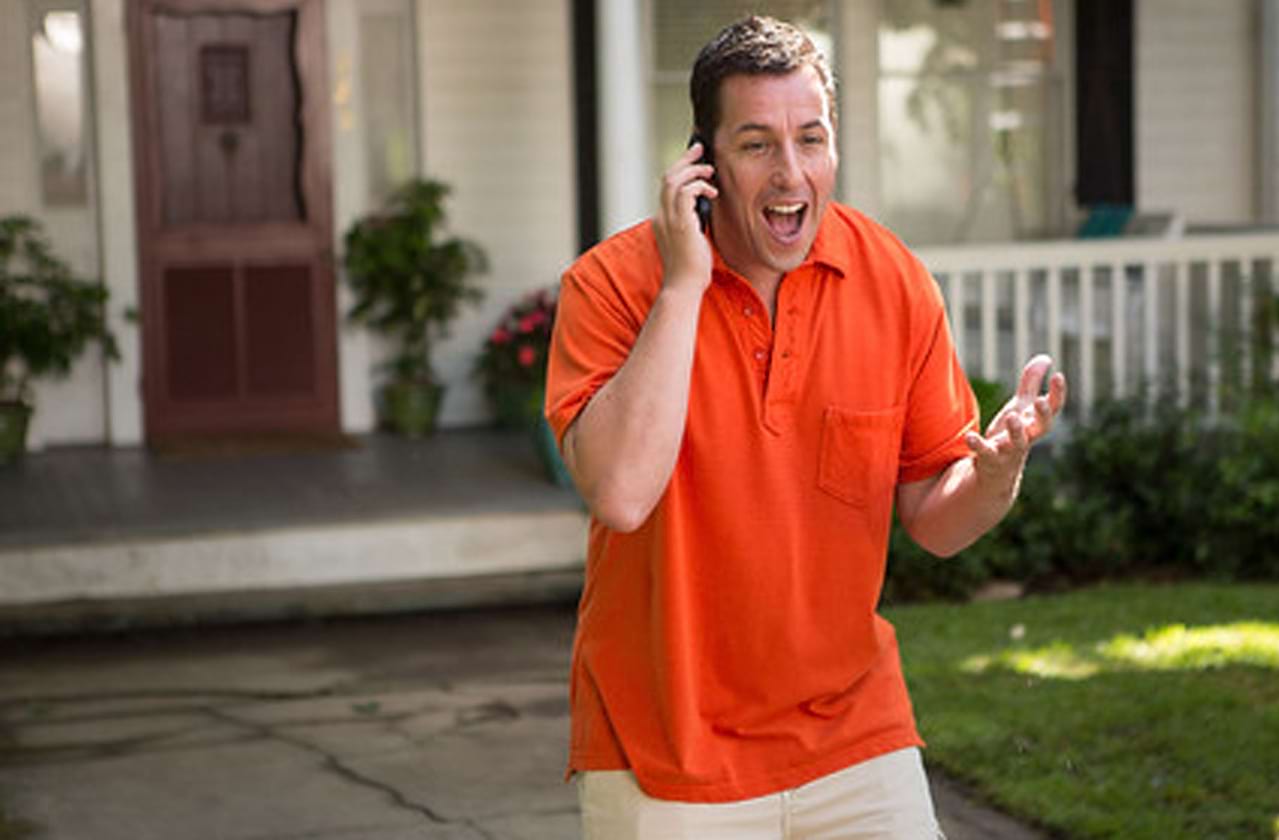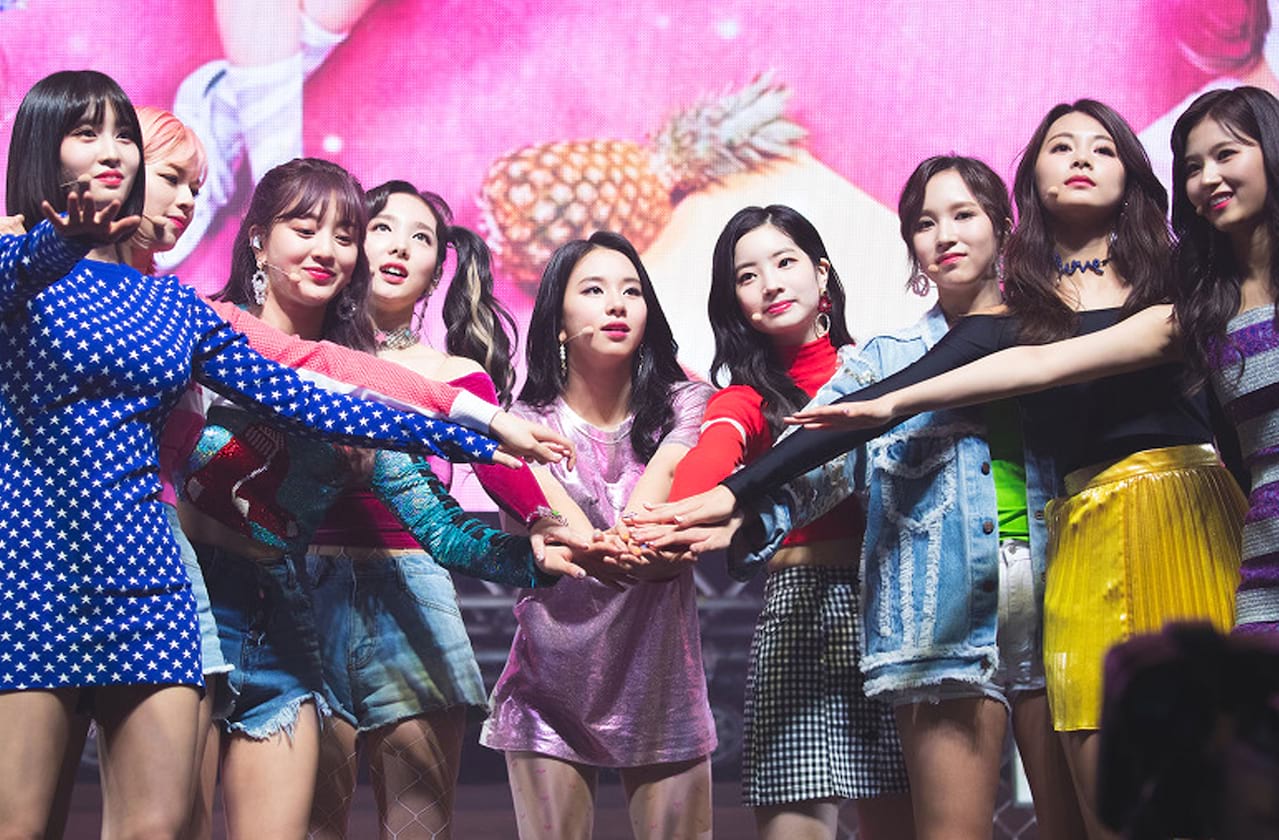Sparking the Rebellion: How Les Miserables Changed Theater
Do you hear the people sing?
Because they have been since Les Miserables stormed the barricades of Paris in 1980, and then the world, one little French novel-turned-mega-musical isn't all about angry men and plights of justice, it's a march worth the rally cry.
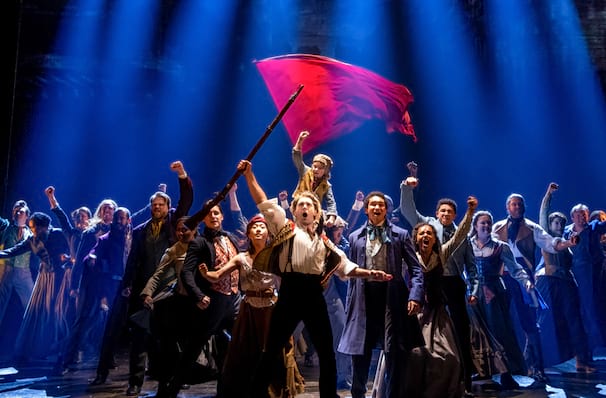
A New Kind of Musical
Before the great Les Mis takeover of the '80s, Broadway musicals had a roster of happy-go-lucky sing-alongs; Grease, Chicago, and Annie are just a few. However, to shake the scene like a cannon at the June Rebellion, Boublil and Schonberg came up with an ideology that was simple on the surface but ingenious when one looked further:
Victor Hugo. Three hours long. Everyone sings all the time. Oh, and most of them die.
Les Mis proved that adapting dense, classic literature (Victor Hugo's 1,200+ page novel) into a musical could be wildly successful. It took a high-brow, experimental concept and turned it into a global blockbuster. Not only did it break the mould by showing that French-originated musicals could succeed internationally, but Les Mis helped popularise the sung-through musical a score that doesn't just support the story but quite literally is the story. It was tres dramatique, to say the least.
The Global Takeover
Beginning life as a modest French concept album after Boublil was inspired by a visit to Oliver! in the West End, the first stage adaptation was presented in Paris in 1980. But by the time Les Misrables hit the West End in 1985, critics called it a "miserable experience" (yawn) but the people said otherwise!
When it crossed the Atlantic and opened on Broadway in 1987, it kicked off the golden age of the megamusical. The Phantom of the Opera, Miss Saigon, Wicked all followed the revolution Les Mis started.
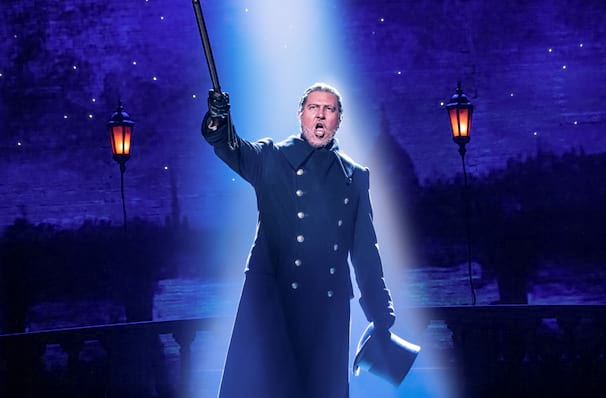
A Soundtrack of Technical Brilliance
Originally written in French, the sweeping, cinematic score was more emotionally intense and operatic than typical musicals of the time, so powerful it crossed into English-speaking markets successfully, proving that emotional resonance in melody could transcend language. Built on emotion, motifs, and full-body belting, most of the music advances the story. Examples include One Day More and Who Am I?
Songs like One Day More revolutionised ensemble writing by weaving multiple character arcs and melodies into one unified, climactic moment, setting a new gold standard for act finales.
Repeated musical themes (like Valjean's or Fantine's motifs) help trace characters' emotional journeys. There's a reason why, so many years later, we hear covers of the songs all across social media.
At the End of the Day: The Movie Arrives
By 2012, Les Mis had already conquered the stage but then came the film. Directed by Tom Hooper and starring Hugh Jackman, Anne Hathaway, and Russell Crowe, the movie brought the musical to the big screen and to millions more hearts and homes.
Anne Hathaway dreamed a dream and bagged herself an Oscar. Hugh Jackman channelled Valjean with everything he had.
The movie might have divided critics like the people of Paris, but one thing's for sure it brought Les Mis to a brand-new generation.



